Pros and Cons of Homeowners Associations (HOAs): Is It Right for You?
When searching for a home, one of the factors buyers often encounter is whether the property is part of a Homeowners Association (HOA). HOAs can play a significant role in shaping the neighborhood’s look, feel, and community standards. But they aren’t for everyone. Understanding the pros and cons of HOAs can help you decide if living in an HOA-governed community is the right fit for your lifestyle and long-term goals.
What Is a Homeowners Association (HOA)?
A Homeowners Association is an organization established within a community—often in subdivisions, condominiums, or planned neighborhoods—that manages shared spaces, enforces community rules, and collects fees to fund maintenance and amenities. The HOA is typically governed by a board of elected residents.
Pros of Living in an HOA
1. Well-Maintained Neighborhood
HOAs often enforce standards for landscaping, exterior paint, and general upkeep. This creates a polished, consistent look throughout the neighborhood and helps preserve property values.
2. Access to Amenities
Many HOAs provide shared amenities such as pools, parks, clubhouses, and walking trails. These extras can improve your quality of life without requiring the individual expense of building or maintaining them yourself.
3. Increased Property Value Stability
Since HOAs regulate home appearances and community rules, buyers often feel more confident about property values holding steady. A neighborhood where every home is maintained to a certain standard tends to attract long-term investment.
4. Dispute Resolution
If issues arise between neighbors—such as noise complaints or property boundaries—the HOA can act as a mediator, reducing personal conflicts.
5. Sense of Community
HOAs often organize events, meetings, or activities that bring neighbors together, fostering a greater sense of community and connection.
Cons of Living in an HOA
1. Monthly or Annual Fees
HOA dues vary widely depending on the neighborhood and amenities. While they cover maintenance, they add to your overall housing expenses and can sometimes increase unexpectedly.
2. Rules and Restrictions
While consistency benefits property values, some buyers find HOA rules restrictive. These can include limits on exterior paint colors, types of landscaping, parking rules, or even whether you can rent your property.
3. Potential for Conflicts
HOA boards are typically made up of community members. Disagreements over rules, fees, or enforcement can sometimes create tension between residents and the board.
4. Risk of Mismanagement
If an HOA board mismanages funds or fails to plan for long-term maintenance, residents may face sudden special assessments (one-time charges for unexpected repairs).
5. Limited Autonomy
For homeowners who value complete control over their property, an HOA can feel restrictive. Something as simple as adding a fence or putting up holiday decorations may require approval.
Is an HOA Right for You?
Deciding whether to live in an HOA community comes down to personal preferences and priorities. If you appreciate a neat, cohesive neighborhood with amenities and don’t mind paying fees or following rules, an HOA might be a perfect fit. On the other hand, if you value independence and flexibility above all else, you may prefer a non-HOA property.
Final Thoughts
HOAs can provide structure, amenities, and protection for property values, but they also come with added costs and limitations. Before buying, review the HOA’s bylaws, fee structure, and meeting notes to understand what you’re agreeing to. That extra step can help you make an informed choice and avoid surprises down the road.
